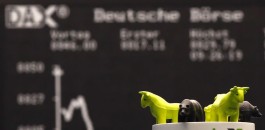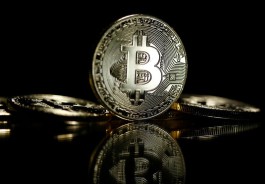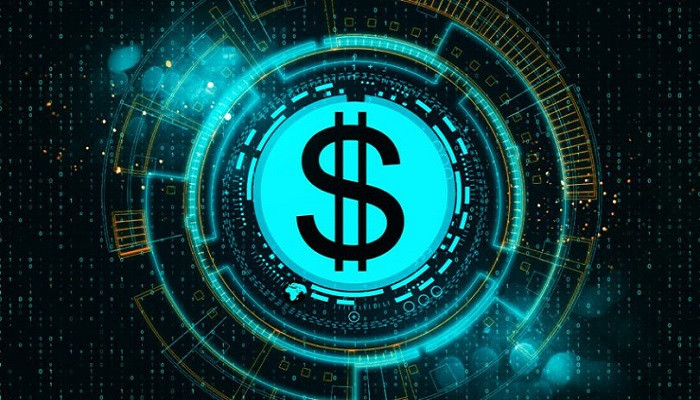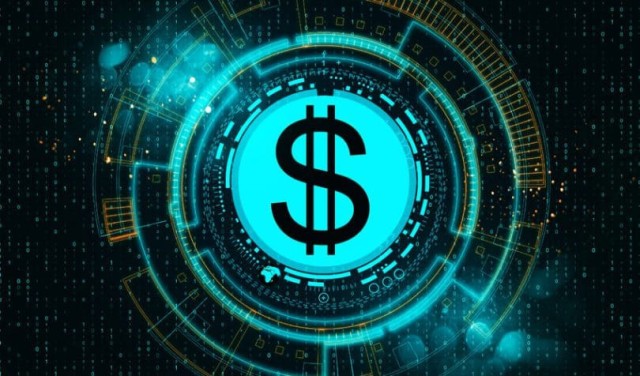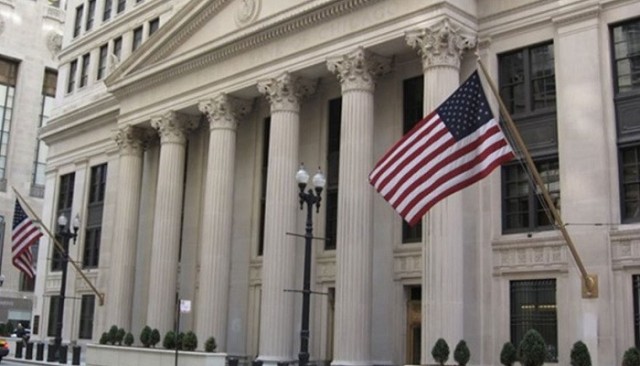US Federal Reserve Governor Christopher Waller said in a speech last Friday that he is against the idea of a digital dollar being issued by the Fed.
Christopher Waller added: “No other country is quite comparable to the US on those fronts, and the CBDC will not change that,” Investing.com said.
The Fed governor said he was skeptical of arguments made by the CBDC, which argue that a digital dollar would tackle fraud, theft, money laundering or improve payments more than current technologies.
There are meaningful efforts underway internationally to improve cross-border payments in a number of ways, with the vast majority of these improvements coming not from digital central bank currencies but from improvements to existing payment systems, Waller said.
Discussions about a US central bank digital currency started in earnest after China began experimenting with the digital yuan. But the Fed governor questioned whether the CCB's foreign currency would replace the status of the global reserve currency for the US dollar, an argument put forward to support the digital dollar.
US Federal Reserve Governor Christopher Waller explained that even if a foreign central bank digital currency takes off, the effects of companies using it will likely be only on the sidelines because they depend on a large enough number of individuals and companies that are almost indifferent between the dollar and the foreign currency in the world. Digital central bank currencies.
Waller believes that private sector stablecoins are strengthening the dollar rather than weakening it; Since many of them are tied to the world's dominant fiat currency.
The Fed governor continued, saying: They may increase rather than reduce the priority of the dollar abroad; As the demand for stablecoins increases the demand for the dollar-denominated reserve assets held by the issuer of the stablecoin.
It is worth noting that negotiations on stablecoin legalization in Congress are still ongoing, although chief Republican negotiator Rep. Patrick McHenry, R-Nor.C., said the Biden administration is blocking progress on the bill.


















